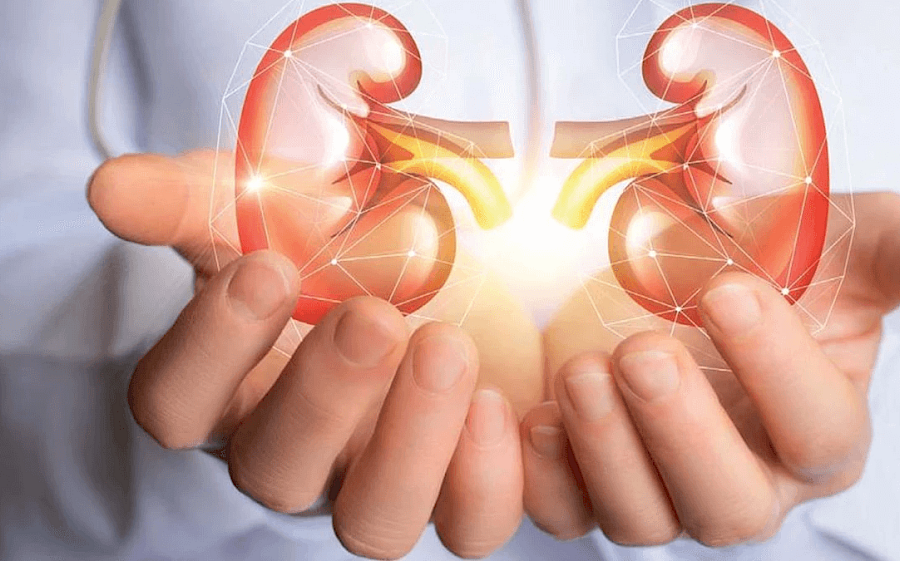Urology deals with diseases of the urinary and genital organs of men and women, with the vast majority of urological diseases occurring with urinary disorders. Typically, urination habits change with the disease: urine that is excreted more often or is difficult to defecate is usually caused by inflammation, and in men, it can even be a sign of prostate disease.
Urological diseases are difficult to identify based on complaints, but appropriate tests can be used to find out which disease is behind the symptoms, so the urologist will refer the patient to another specialist if necessary.
What problems belong to urology?
- Urinary and urinary complaints
- Inflammation of the prostate, enlargement
- Genital pain
- Kidney inflammation
- Kidney stones
- Erectile Dysfunction
- Inflammatory lesions of the penis
- Sexually Transmitted Diseases
- Regular recurrent cystitis in women
What happens during the consultation, examination?
The physical examination of the urology includes the examination and palpation of the abdomen and kidneys, as well as the genitals, which is also part of the examination, as the experienced urologist may notice an inconspicuous difference to the patient.
The procedure most often accepted by patients with the most reservation is a rectal prosthesis.
Kidney, bladder, prostate, seminal vesicles, testicles, and epididymis are usually examined in more detail in clinics. Urinary complaints may often require a urine test.


